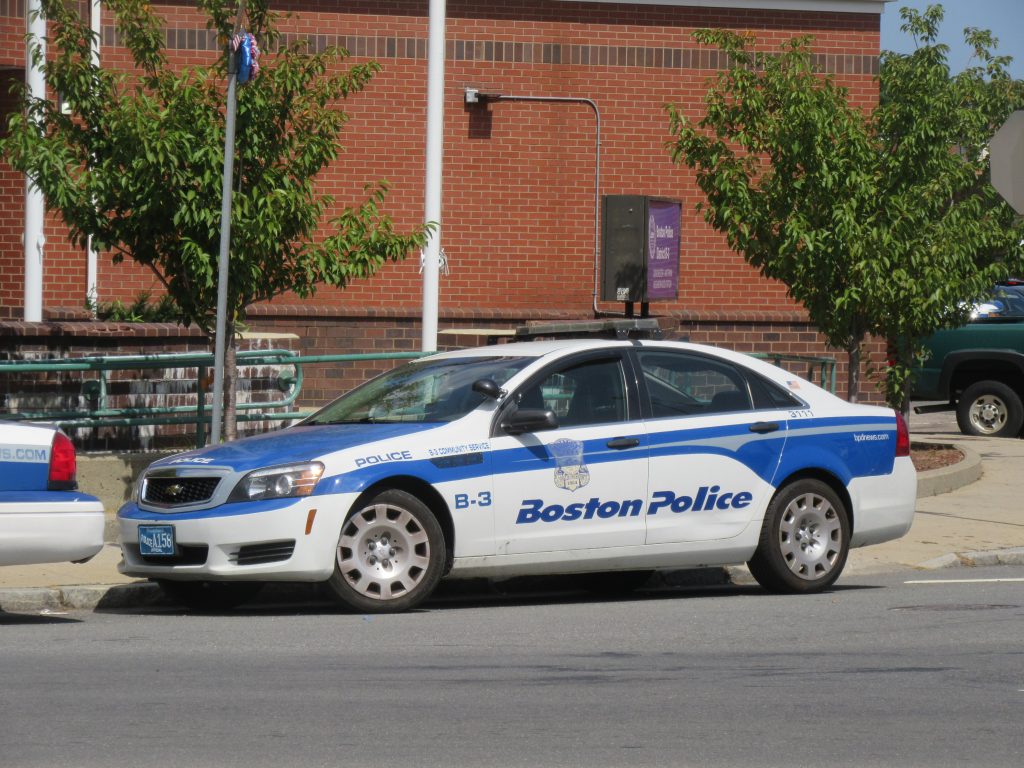
Image Credit: Jason Lawrence, CC BY 2.0, via Wikimedia Commons
By Saul Roth
Police departments will have to do more than a block of training in the police academy. Unfortunately, money is always an issue. Millions of dollars are spent by police agencies to buy bulletproof vests, weapons, and training, yet more officers are lost to suicide and little is done to curtail it. The Nassau County Police Department has an Employee Assistance Unit staffed with one sergeant and two police officers. The staff is composed of clinical social workers. The office is in a remote location of Nassau County so that officers will not feel that the police department is watching them if they go to the office for assistance. However, the program might be too much of a secret. I believe it needs more exposure throughout the department, and officers need to know it exists and that they can go there for help. Other officers should know they can call anonymously if they feel another officer needs help. Police officers need to be educated to be able to initiate visits or referrals to these types of units and not feel as though they are contacting internal affairs. The stigma of having psychological problems has to be lifted if police officers are going to seek assistance.
Line supervisors should be trained on what to observe of officers under their supervision that might indicate psychological difficulties and suicidal ideation. This should not be some initial training when they become supervisors. Psychological training should be a mandatory part of line supervisors’ in-service training. The department, supervisors, and officers will be more serious about a problem that is discussed annually. I have found that when issues are not discussed or lectured on frequently, the officers then feel that the police department no longer cares about the issue.
The administrative stress at all levels of the department can be overwhelming. Politicians advise the commissioner of what they want. Chiefs are told what to do by the commissioner, chiefs are pushing commanding officers to institute department policy, and the stress from the commanding officers filters down through the lieutenants, sergeants, and police officers. This is all to have the agenda of the politicians promote. The agenda usually includes lowering the crime statistics. “Stop, question, and frisk,” for example, is based on stopping an individual when there is reasonable suspicion that a person is or is about to commit a felony or penal law misdemeanor. This is a tool for the officer on the street to use to solve and prevent crimes. It should not, however, be used indiscriminately to lower crime statistics. In New York City, that is just what occurred. After the policy went from the mayor to the commissioner to the chief and the commanding officers, it was the police officers on the street that had to put this policy in effect. This made the community angry with the officers on the street, and they now had the stress of keep up the number of stops, the worry about getting in trouble for abusing this law, and the wraith of a community angry at them. This is an example of administrative stress that might have caused large amounts of undue stress on officers of all ranks. A study of this policy and effects might produce statistics on psychological problems and suicide.
Police departments are constantly having studies to review their policies related to arrest, discrimination, and use of force. Police departments need to have internal independent reviews conducted by police experts as well as medical and psychological experts. As line-of-duty deaths will never be eliminated, neither will police suicides. Every life saved, though, is an accomplishment. Police departments need to do as much as they can to reduce stress and police suicides.

Recent Comments